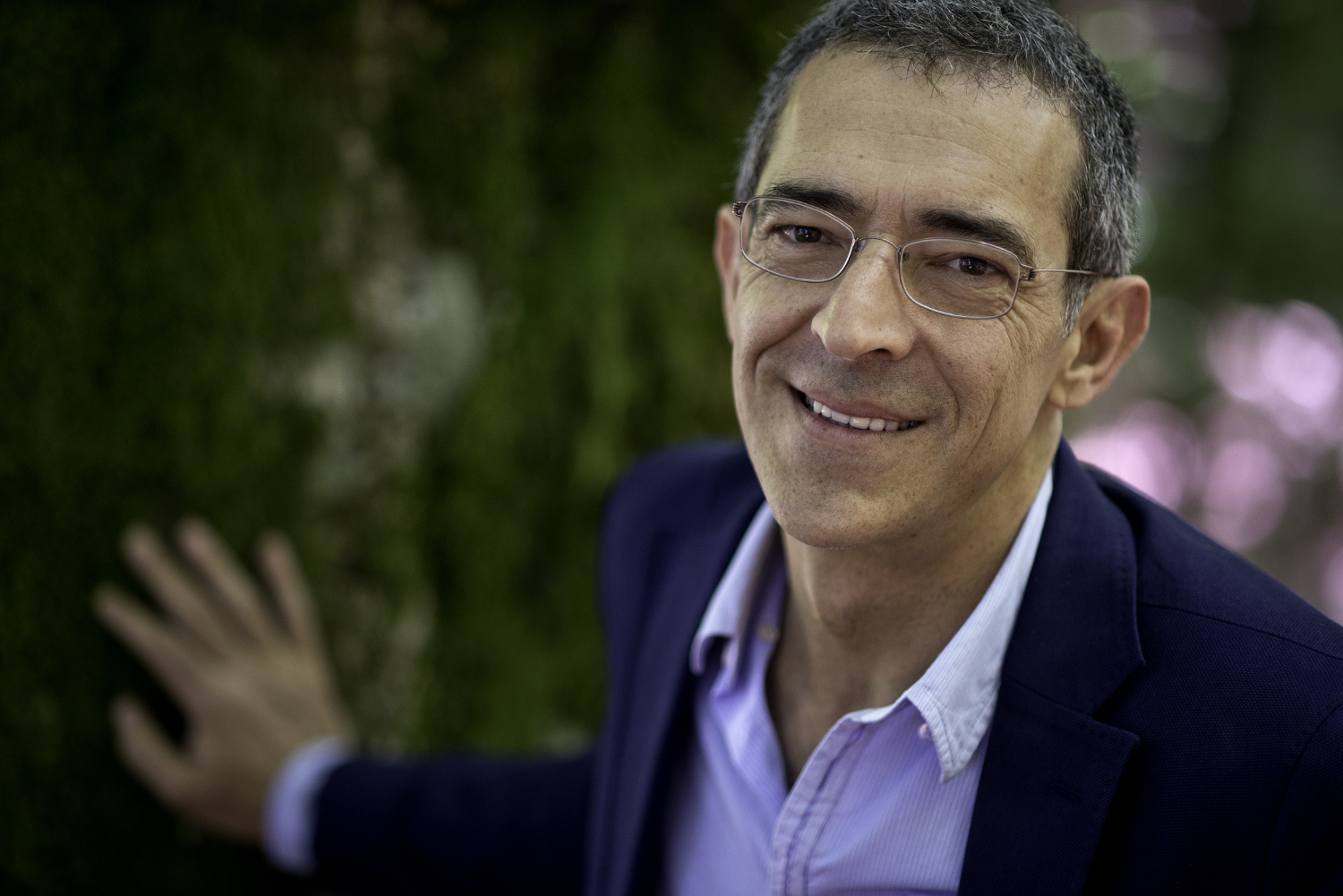The musical mediator Mikel Cañada tackles barriers between citizenship and cultural space

The Auditorio de Tenerife is organising for 15 May the second edition of the educational communication workshops for music.
On 15 May the Auditorio of Tenerife is organising the second edition of the educational communication workshops for music. On this occasion, the musician and mediator Mikel Cañada is starring in a day session on the barriers between citizenship and cultural space.
This afternoon-evening programme begins at 4:30 p.m. and is devised for programmers, cultural managers, teachers, journalists, and social agents who work with minority groups and music historians. The registration is free and can be carried out until 10 May by sending an email with the personal details of the interested party and their curriculum vitae to This email address is being protected from spambots. You need JavaScript enabled to view it..
Following the presentation, the programme will begin with the speech by Mikel Cañada, The chain of accessibility for musical education, practice, and enjoyment. After a timeslot for questions and debates, the workshop takes place, also run by Cañada, Musical mediation: The right to understand and participate in artistic creative processes. Examples and proposals. A coffee break will lead to the final discussion panel entitled Can barriers be overcome? which is scheduled to end at 8:45 p.m.
On this occasion, the main aim of these days is understanding why citizens do not feel that they are invited into cultural space: physical or social barriers, artistic preferences, etc. Also, it will consider if the theoretical parameters of diversity, collective representation, and visibility of the broad plurality of contemporary society are being fulfilled, as absences and rights to participate in artistic creative processes.
The aim of this initiative is to provide tools to rethink the design of current educational and social projects through music, based on diversity, plurality and raising awareness.
Since 2007, Mikel Cañada, a musician and mediator, has coordinated the educational and social actions of Euskadiko Orkestra, he is vice-president of the Network of Organisers of Educational and Social Concerts (ROCE), a member of the Advisory Board of Musical Teaching of the Basque Government and of the State Board of Performing Arts and the INAEM (National Institute of Performing Arts and Music) of the Ministry of Culture.


